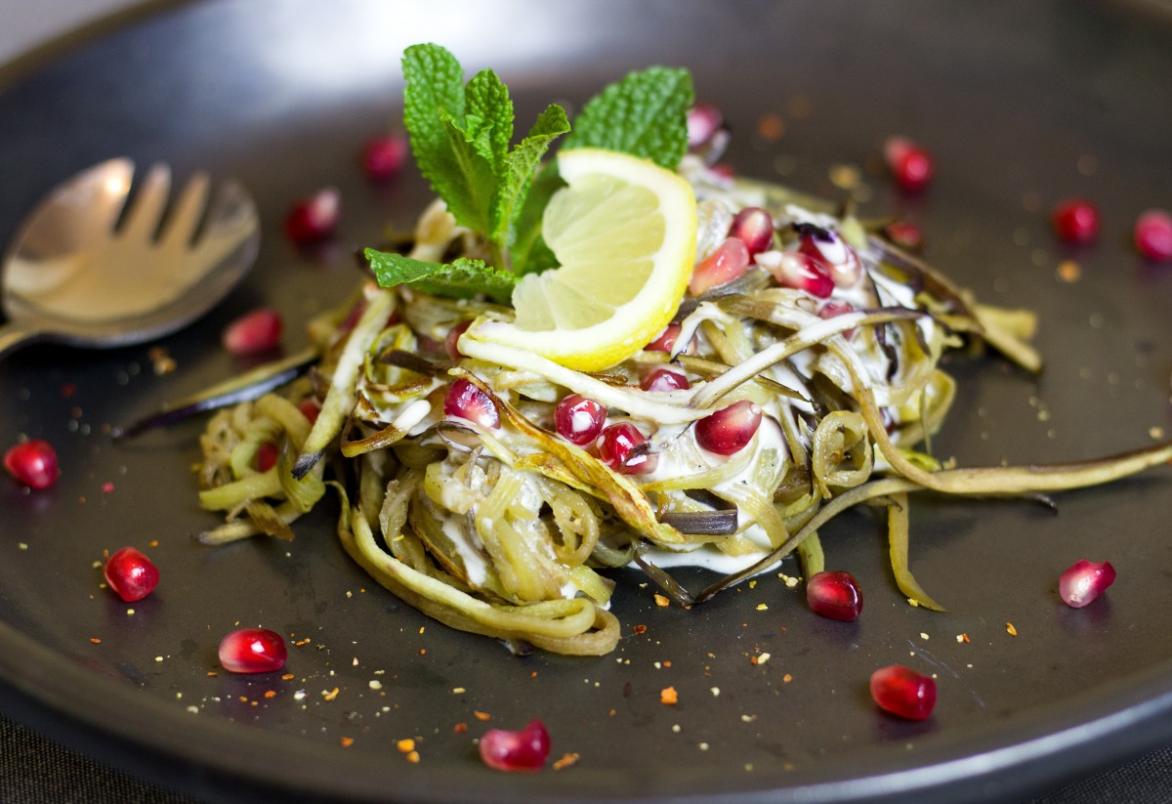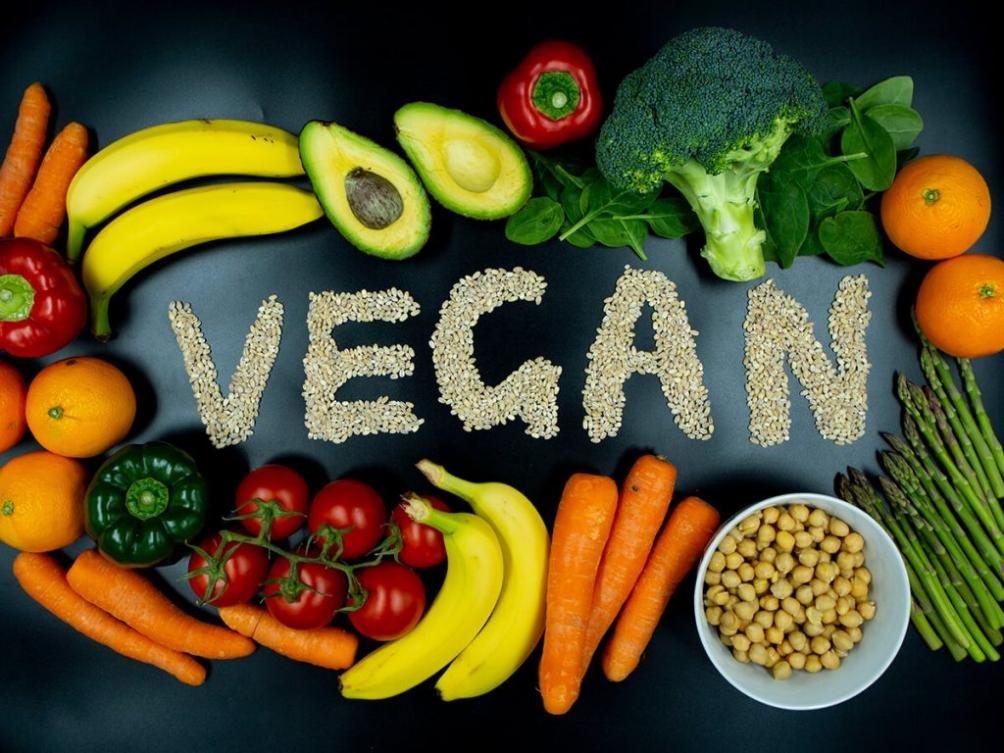What Are the Best Vegan Substitutes for Common Animal-Based Ingredients?
Veganism, a lifestyle that excludes the consumption of animal products, has gained significant popularity in recent years. This growing movement is driven by various factors, including ethical concerns about animal welfare, environmental sustainability, and personal health benefits. As a result, there is a growing demand for vegan alternatives to common animal-based ingredients.

Common Animal-Based Ingredients And Their Vegan Substitutes
Many plant-based ingredients can be used to replace animal-based ingredients in various culinary applications. Here are some of the most common substitutions:
Dairy Products:
- Milk: Soy milk, almond milk, oat milk, coconut milk, cashew milk
- Yogurt: Soy yogurt, almond yogurt, coconut yogurt, cashew yogurt
- Cheese: Soy cheese, almond cheese, coconut cheese, cashew cheese
Eggs:
- Flax eggs: Ground flaxseed mixed with water
- Chia eggs: Ground chia seeds mixed with water
- Silken tofu: Mashed silken tofu
- Aquafaba: The liquid from canned chickpeas
Meat:
- Seitan: Made from wheat gluten
- Tempeh: Made from fermented soybeans
- Tofu: Made from soybeans
- Lentils: High in protein and fiber
- Beans: Versatile and nutritious
Gelatin:
- Agar-agar: A plant-based gelling agent
- Pectin: A natural gelling agent found in fruits
- Carrageenan: A seaweed-derived gelling agent
Nutritional Considerations
Adopting a vegan lifestyle requires careful attention to nutritional balance. Vegans need to ensure they consume adequate amounts of essential nutrients, including protein, iron, calcium, and vitamin B12. Here are some tips for vegans to obtain these nutrients from plant-based sources:
- Protein: Consume a variety of plant-based proteins, such as legumes, lentils, tofu, tempeh, nuts, and seeds.
- Iron: Include iron-rich foods in your diet, such as leafy green vegetables, beans, lentils, and fortified cereals.
- Calcium: Opt for calcium-fortified plant-based milks, yogurts, and juices. Consume calcium-rich vegetables like kale, broccoli, and bok choy.
- Vitamin B12: Vegans should consume fortified foods or take a vitamin B12 supplement to ensure adequate intake.
Culinary Applications Of Vegan Substitutes
Vegan substitutes can be used in various culinary applications to create delicious and satisfying meals. Here are some examples:
- Vegan milks: Can be used in smoothies, baking, and cooking.
- Vegan yogurts: Can be enjoyed as a snack, used in dips and sauces, or added to smoothies.
- Vegan cheeses: Can be used in sandwiches, pizzas, pasta dishes, and baked goods.
- Vegan eggs: Can be used in baking, pancakes, waffles, and omelets.
- Vegan meats: Can be used in burgers, tacos, stir-fries, and curries.
Environmental And Ethical Considerations

Choosing vegan substitutes over animal-based ingredients has several environmental and ethical benefits:
- Environmental: Animal agriculture is a major contributor to greenhouse gas emissions, water pollution, and deforestation. Choosing vegan alternatives can help reduce these impacts.
- Ethical: Factory farming practices often involve inhumane treatment of animals. Veganism allows consumers to avoid supporting these practices.
Vegan substitutes offer a wide range of options for individuals seeking to adopt a plant-based diet. By making informed choices about the ingredients they consume, vegans can enjoy a healthy, compassionate, and sustainable lifestyle. Whether for ethical, environmental, or health reasons, exploring vegan alternatives is a positive step towards a more sustainable and compassionate world.
YesNo

Leave a Reply